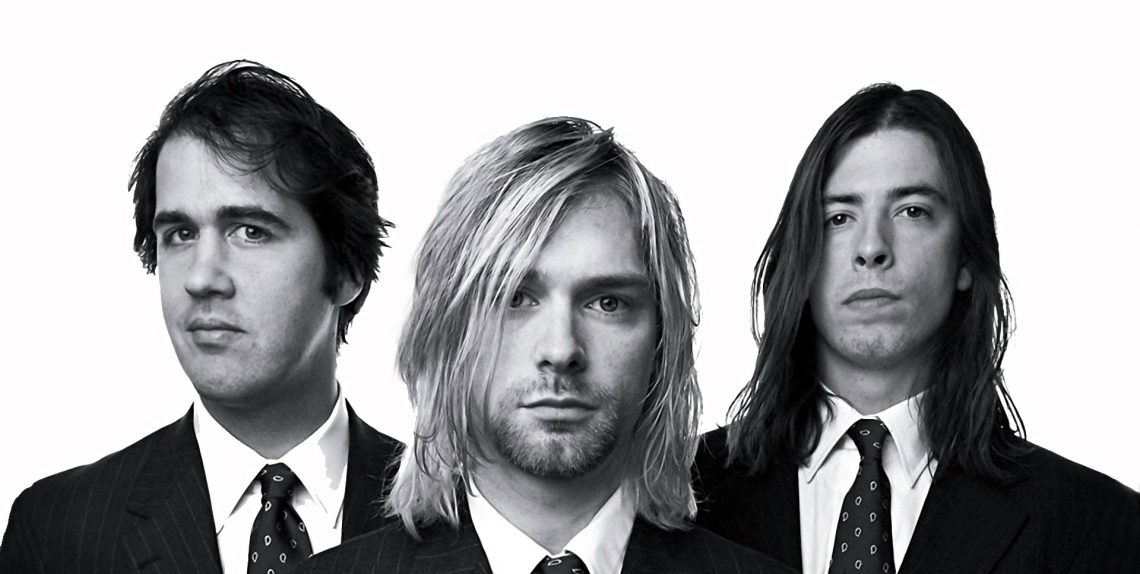If you’re reading this, you’re probably a weirdo, but in a good way, meaning there is a good chance you are some sort of intellectual, defined by Politico contributing editor Michael Lind as “a category that includes academics, opinion journalists, and think tank experts,” and which for Egypt we would add prominent members of the private sector, who are often called upon to comment on economic or political issues. As many of our readers may feel shy or modest about identifying themselves as intellectuals, they should consider the following:
For our readers in the United States: Do you have at least a four-year university degree? You’re in the minority, representing only 30% of the population. University degree holders in Egypt make up about 15% of the population, according to some estimates. To overcome one’s alienation from society in a positive manner, it has to first be acknowledged.
Lind writes: “The fact that we members of the intellectual professions are quite atypical of the societies in which we live tends to distort our judgment, when we forget that we belong to a tiny and rather bizarre minority.”
Peter Beinart writes on how the isolation experienced by the intelligentsia (consciously or subconsciously) can often be a vulnerability that leaves many tempted to rationalize and become apologists for fascism, out of a desire to fit in with the rest of society. “In 1953, Czeslaw Milosz published The Captive Mind, which described how a series of Polish intellectuals came to embrace Stalinism… ‘To belong to the masses is the great longing of the ‘alienated intellectual,’ Milosz argued. Beinart advances his argument to address intellectuals supportive of Donald Trump’s candidacy, but his arguments could be applied to most societies. “For intellectuals, therefore, the Trump campaign poses two tests. The first is of their ability to push the American political system to address the combustible economic despair of the working-class… the second is of their ability to declare — no matter how many Americans gravitate toward Trump—that his supporters are wrong.”
Both Lind and Beinart’s articles should be read in tandem — while they both take very different perspectives, they both broadly argue that individuals should not fool themselves about who they are or the nature of the world around them. (Read Intellectuals Are Freaks by Michael Lind followed by Why Are Some Conservative Thinkers Falling for Trump? By Peter Beinart)



